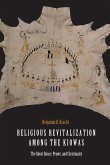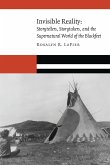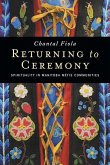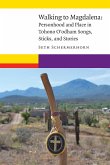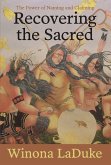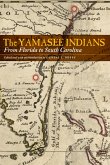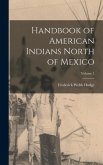"The African Methodist Episcopal (AME) Church is a venerable, Wesleyan religious body that formerly enslaved people established in 1816. Although this denomination is historically Black, it has never been racially exclusive. Scholars have largely minimized the AME Church's ethnic diversity and have specifically ignored its impact within Native communities. This book corrects these unnecessarily narrow views by emphasizing the AME Church's evangelism within diverse Native communities throughout the nineteenth and early twentieth centuries. As a result of this evangelism, the denomination fulfilled the vision of its founder, Richard Allen, who imagined a racially and ethnically inclusive Methodist ecclesia. The outreach of African Methodists to Indigenous people started at the denomination's inception and led to the ordination of such Indigenous ministers as Thomas Sunrise, who was Oneida, and John Hall, who was Ojibwe. AME ministries to Native people reached their apex in Indian Territory, where African Methodists engaged with the Five Civilized Tribes. This book strengthens existing scholarship on Black and Native interactions. This study on the AME Church is the first to comprehensively examine Native peoples' interactions with a historically Black institution"--

